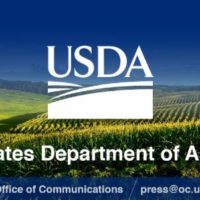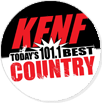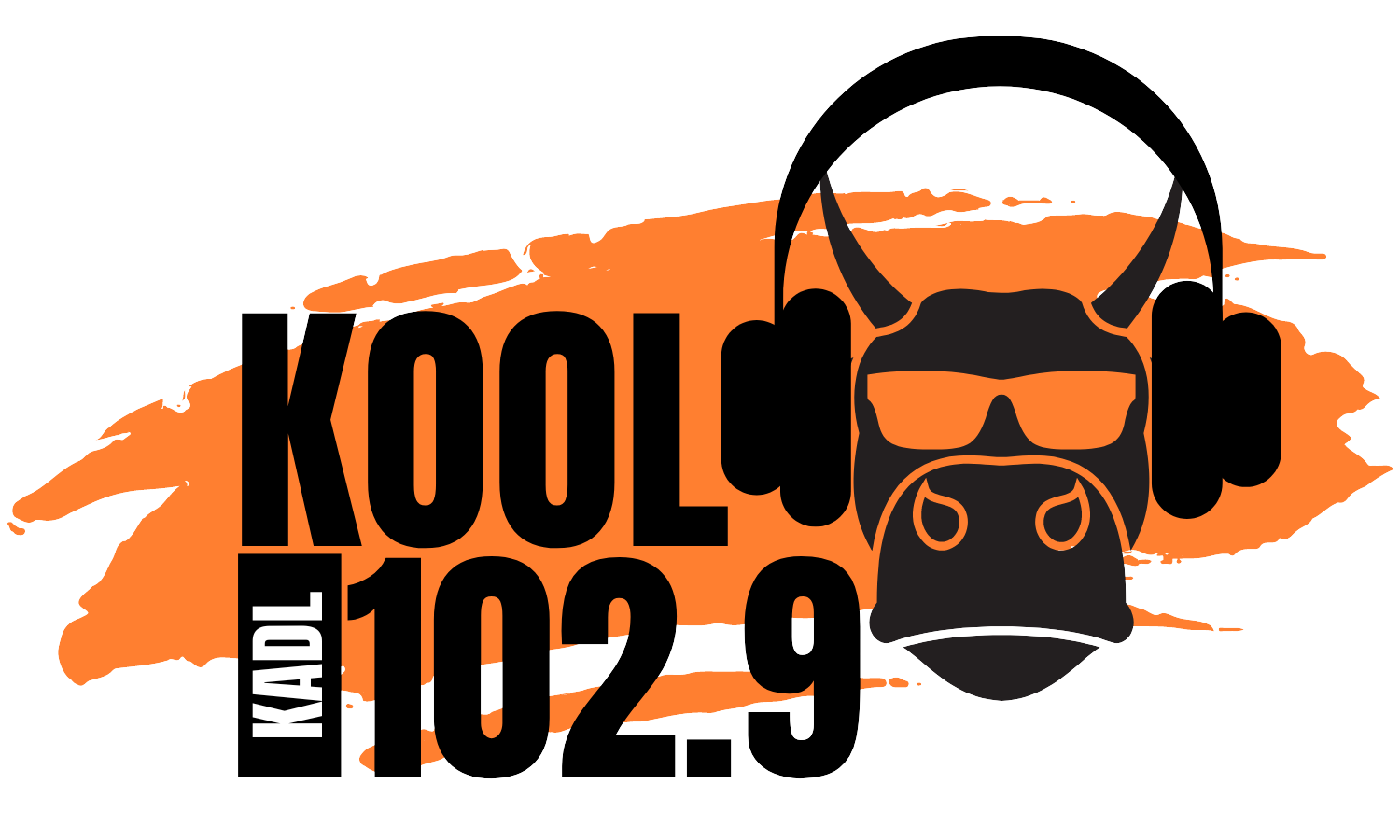
Agricultural producers can now apply for USDA’s Coronavirus Food Assistance Program (CFAP), which provides direct payments to offset impacts from the coronavirus pandemic. The application and a payment calculator are now available online, and USDA’s Farm Service Agency (FSA) staff members are available via phone, email, fax and online tools to help producers complete applications. The agency also set up a call center in order to assist with service to customers across the nation.
“We know Nebraska producers are facing a tough time, and we are making every effort to provide much needed support as quickly as possible,” said Nancy Johner, state executive director for FSA in Nebraska. “FSA is available over the phone and virtually to assist you through the application process, whether it’s the first time you’ve worked with FSA, or if you know us quite well. This will be an extremely busy time for our offices. We ask for our customers to have patience due to the volume of calls we will be receiving. We understand the importance of this program and will do our best to assist you.”
Applications will be accepted through August 28, 2020. Through CFAP, USDA is making available $16 billion for vital financial assistance to producers of agricultural commodities who have suffered a five-percent-or-greater price decline due to COVID-19 and face additional significant marketing costs as a result of lower demand, surplus production, and disruptions to shipping patterns and the orderly marketing of commodities.
“We also want to remind producers that the program is structured to ensure the availability of funding for all eligible producers who apply,” Johner said.
In order to do this, producers will receive 80 percent of their maximum total payment upon approval of the application. The remaining portion of the payment, not to exceed the payment limit, will be paid at a later date nationwide, as funds remain available.
Producers can download the CFAP application and other eligibility forms from farmers.gov/cfap. Also, on that webpage, producers can find a payment calculator to help identify sales and inventory information and calculate potential payments.
Additionally, producers in search of one-on-one support with the CFAP application process can call 877-508-8364 to speak directly with a USDA employee ready to offer assistance. This is a good first step before a producer engages the team at the FSA county office at their local USDA Service Center.
Applying for Assistance
Producers of all eligible commodities will apply through their local FSA office.
“We encourage producers to visit the farmers.gov/cfap website as viewing the online application and calculator tool should help them understand the information necessary for a completed application,” Johner said. “They also have the option to complete the application online or schedule a phone appointment with county FSA office staff to do it.”
From the CFAP online calculator tool, producers can convert their responses into a completed application that they will then print and submit to their local FSA office. Producers also can apply for assistance by making a phone appointment with staff at their local FSA office. Completed and signed applications will need to be submitted to the local FSA office either electronically or via hand delivery. Producers are asked to contact their local office to determine the preferred method. Find contact information for county FSA offices at farmers.gov/cfap.
Documentation to support the producer’s application and certification may be requested after the application is filed, so producers should retain this information. FSA has streamlined the signup process to not require an acreage report at the time of application and a USDA farm number may not be immediately needed.
Additional Commodities
USDA is also establishing a process for the public to identify additional commodities for potential inclusion in CFAP. Specifically, USDA is looking for data on agricultural commodities, that are not currently eligible for CFAP, that the public believes to have either:
- suffered a five percent-or-greater price decline between mid-January and mid-April as a result of the COVID-19 pandemic,
- shipped but subsequently spoiled due to loss of marketing channel, or
- not left the farm or remained unharvested as mature crops.
More information about this process is available on farmers.gov/cfap.
More Information
To find the latest information on CFAP, visit farmers.gov/cfap or call 877-508-8364.
Nebraska FSA is partnering with two stakeholders in the coming week to present “Coronavirus Food Assistance Program (CFAP) in Nebraska: What You Need to Know” to assist farmers and ranchers with understanding and applying for this important program. These information sessions are scheduled for:
- Thursday, May 28, noon-1 p.m. CT: Facebook Live event hosted by Nebraska Farm Bureau. To access the event,visit the Nebraska Farm Bureau Facebook page. The session will be recorded and archived on Nebraska Farm Bureau’s Facebook page and the organization’s website.
- Thursday, June 4, noon-1 p.m. CT: Webinar hosted by the University of Nebraska-Lincoln Agricultural Economics Department as part of its series, “COVID-19’s Impact on Nebraska Ag.” To register, type go.unl.edu/manage2020 into your internet browser. The session will be recorded and available on the website after the event.
USDA Service Centers are open for business by phone appointment only, and field work will continue with appropriate social distancing. While program delivery staff will continue to come into the office, they will be working with producers by phone and using online tools whenever possible. All Service Center visitors wishing to conduct business with the FSA, Natural Resources Conservation Service, or any other Service Center agency are required to call their Service Center to schedule a phone appointment. More information can be found at farmers.gov/coronavirus.














